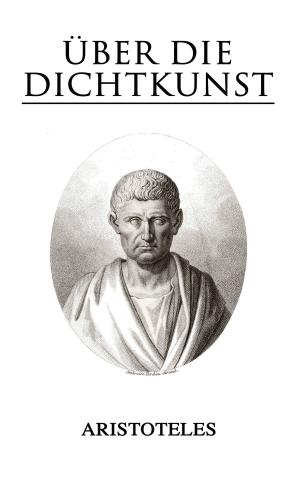IMPERIAL GERMANY AND THE INDUSTRIAL REVOLUTION: The Background Origins of World War I - Economic Rise as a Fuel for Political Radicalism
Nonfiction, Social & Cultural Studies, Political Science, Politics, Economic Conditions, History, Military, World War I| Author: | Thorstein Veblen | ISBN: | 9788026850106 |
| Publisher: | e-artnow | Publication: | January 30, 2016 |
| Imprint: | Language: | English |
| Author: | Thorstein Veblen |
| ISBN: | 9788026850106 |
| Publisher: | e-artnow |
| Publication: | January 30, 2016 |
| Imprint: | |
| Language: | English |
This carefully crafted ebook: “IMPERIAL GERMANY AND THE INDUSTRIAL REVOLUTION: The Background Origins of World War I - Economic Rise as a Fuel for Political Radicalism” is formatted for your eReader with a functional and detailed table of contents. The book was published in 1915, after the First World War began. Veblen considered warfare a threat to economic productivity and contrasted the authoritarian politics of Germany with the democratic tradition of Britain, noting that industrialization in Germany had not produced a progressive political culture. Imperial Germany and the Industrial Revolution is in major part a study of the deviations in cultural and social growth between the English and the German. It deals with the consequences those differences created in social, economic and other domains. Veblen here describes, through the study of German culture, historical and social aspect, how it came to forming of the Third Reich, even before it was formed. He suggests that the Germany’s autocracy was an advantage compared to democratic countries. After it was censored during the war, it was later released and it represents a substantial contribution in its sphere of influence. Thorstein Veblen (1857-1929) was an American economist and sociologist. He is well known as a witty critic of capitalism. Veblen is famous for the idea of "conspicuous consumption." Conspicuous consumption, along with "conspicuous leisure," is performed to demonstrate wealth or mark social status. Veblen explains the concept in his best-known book, The Theory of the Leisure Class. Within the history of economic thought, Veblen is considered the leader of the institutional economics movement. Veblen's distinction between "institutions" and "technology" is still called the Veblenian dichotomy by contemporary economists.
This carefully crafted ebook: “IMPERIAL GERMANY AND THE INDUSTRIAL REVOLUTION: The Background Origins of World War I - Economic Rise as a Fuel for Political Radicalism” is formatted for your eReader with a functional and detailed table of contents. The book was published in 1915, after the First World War began. Veblen considered warfare a threat to economic productivity and contrasted the authoritarian politics of Germany with the democratic tradition of Britain, noting that industrialization in Germany had not produced a progressive political culture. Imperial Germany and the Industrial Revolution is in major part a study of the deviations in cultural and social growth between the English and the German. It deals with the consequences those differences created in social, economic and other domains. Veblen here describes, through the study of German culture, historical and social aspect, how it came to forming of the Third Reich, even before it was formed. He suggests that the Germany’s autocracy was an advantage compared to democratic countries. After it was censored during the war, it was later released and it represents a substantial contribution in its sphere of influence. Thorstein Veblen (1857-1929) was an American economist and sociologist. He is well known as a witty critic of capitalism. Veblen is famous for the idea of "conspicuous consumption." Conspicuous consumption, along with "conspicuous leisure," is performed to demonstrate wealth or mark social status. Veblen explains the concept in his best-known book, The Theory of the Leisure Class. Within the history of economic thought, Veblen is considered the leader of the institutional economics movement. Veblen's distinction between "institutions" and "technology" is still called the Veblenian dichotomy by contemporary economists.















